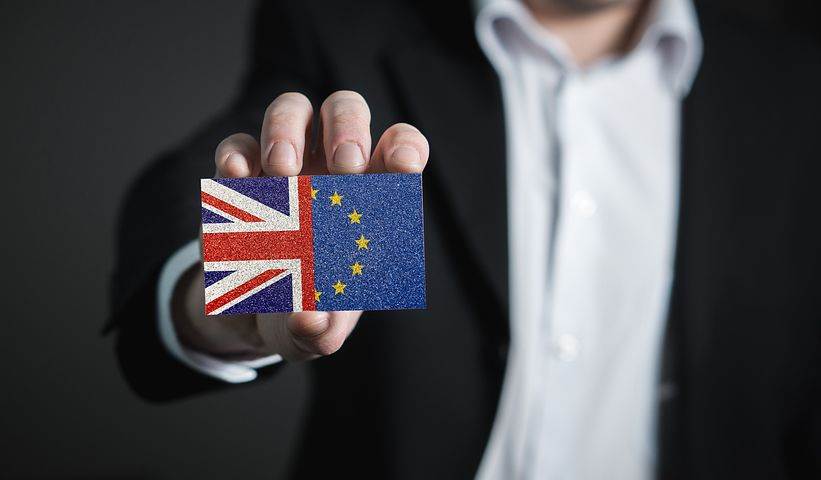 Another week goes by and we are all one week closer to the date at which, as things stand legally, the United Kingdom will formally depart from the European Union on 29th March – just five weeks away.
Another week goes by and we are all one week closer to the date at which, as things stand legally, the United Kingdom will formally depart from the European Union on 29th March – just five weeks away.
The British Parliament has overwhelmingly rejected the European Union’s proffered exit deal, and the British Prime Minister is busy trying to negotiate a new deal before the deadline. Both sides are publicly threatening to walk away without a deal, but that is still unlikely to happen, because “no deal” is likely to cause a fair amount of economic damage not only to the U.K. but also to a lesser extent some European Union members, particularly France and Germany. I’ve been of the opinion for a while that the European Union will offer something more acceptable to the U.K. as we approach the final minutes. However, the European Union are in a relatively stronger negotiating position, as the U.K. is split down the middle on Brexit and has a Parliament that will certainly panic and accept almost any alternative to a “no deal” exit.
There are some interesting pieces of news today with a bearing on this negotiation. A short while ago, Frans Timmermans, one of the E.U. Commissioners, publicly stated that the E.U. is ready to work with the U.K. government to improve the withdrawal agreement or political declaration. This sounds positive, but it was coupled with some language which was not: that the deal which was already offered is the best possible option, that the problem of the Irish border cannot be solved without the U.K. agreeing to continue to be bound by E.U. rules on trade, and that the risk of “no deal” has recently increased.
Reading between the lines, I think this in fact hints that the E.U. is still hoping for the British Parliament to completely lose its nerve and renege on the implementation of the democratic decision the British people made in 2016 when they voted to leave the European Union. However, the British Pound barely reacted to these comments.
